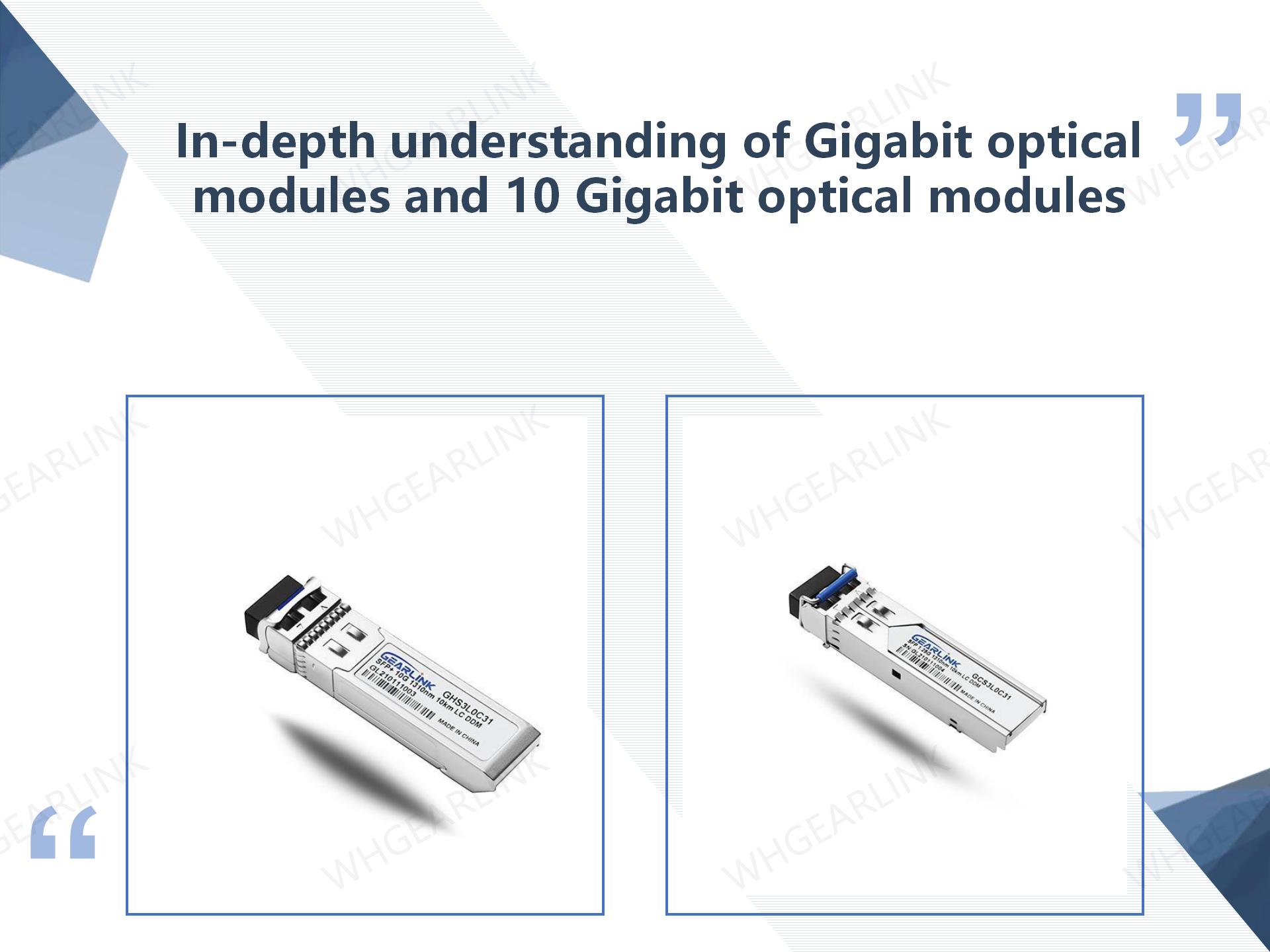This article will introduce Gigabit optical transceivers and 10 Gigabit optical transceivers in detail for readers. First, we'll explain what an optical transceiver is, how it works, and why it's becoming more and more important in modern communications. Next, we will discuss the characteristics, differences and selection suggestions of Gigabit optical transceivers and 10 Gigabit optical transceivers, which will be very helpful for those enterprises that are considering looking for high transmission rates and large bandwidths. Finally, we provide installation and maintenance guidelines for optical transceivers to help enterprises maintain network stability and smoothness.
The optical transceiver is a photoelectric conversion device. At the transmitting end, the optical transceiver can convert the electrical signal generated by the device into an optical signal for transmission in the optical fiber medium. At the receiving end, the optical transceiver converts the received optical signal into the optical signal that the device can Recognized electrical signals to achieve high-speed and accurate data transmission. For example, when communicating with other people in an online video conference, optical transceivers are required. It can be seen from this that as long as optical fiber transmission is involved, optical transceivers will be used, and optical transceivers play a very critical role in modern communications. There are many types of optical transceivers. The following briefly introduces two types of Gigabit optical transceivers and 10 Gigabit optical transceivers that are closer to our daily life.
Gigabit optical transceiver
The transmission rate of Gigabit optical transceiver is 1Gbps, which is suitable for most commercial network environments and home LANs. Gigabit optical transceivers are a good choice if you need to use multiple devices in an office or home network, but do not need to download very large files or use high-load applications over the Internet.
10 Gigabit optical transceivers
If you need to transmit large amounts of data or high-definition video streams, you may use 10 Gigabit optical transceivers. The transmission rate of the 10G optical transceiver is 10Gbps. It is suitable for enterprise networks, small and medium-sized data centers, cloud computing, Internet of Things and other occasions that require high network speed.
Installing and maintaining optical transceivers is an important step to ensure a stable and smooth network communication experience. The following are some basic steps for installing and maintaining optical transceivers:
Eliminate impurities in the link
Before inserting the optical transceiver into the switch or router, make sure that the optical transceiver interface and the end face of the optical fiber jumper are free of impurities or dust.
Configure the network switch
configure the network switch correctly to ensure efficient and stable connection.
Monitor signal quality
After the optical transceiver is installed, ensure that the network signal quality is normal, which can be detected by professional network monitoring software.
Gigabit optical transceivers and 10 Gigabit optical transceivers are an essential part of modern communications. They have different characteristics and functions. Enterprises and individuals need to choose appropriate optical transceivers according to actual needs. At the same time, it is equally important to install and maintain optical transceivers, so as to ensure the stability and smoothness of network communication.


